Our Literacy (writing) curriculum is designed to cover all of the knowledge and understanding as set out in the National Curriculum. To ensure that children develop a secure knowledge that they can build on, our Literacy (writing) curriculum is organised into a progression model that outlines the knowledge and skills to be taught in a sequentially coherent way. Learning is carefully ordered to build upon prior learning in small, manageable steps.
We want all of our children to
- Develop competency in transcription (spelling and handwriting)
- Develop competency in composition (articulating ideas and structuring them in speech and writing)
- Have a wide and enriched vocabulary
- Have secure knowledge of a range of genres
- Have a secure understanding of audience and purpose
- Develop secure oracy skills
Children are taught to write down ideas fluently and accurately through learning the relationships between letters and sounds (phonics) and by understanding the morphology (word structure) and orthography (spelling structure) of words. Children learn how to plan, revise and evaluate their writing, with these aspects of writing incorporated into opportunities for composition across subjects. Exposure to a wide range of vocabulary and grammar through high quality texts supports purposeful and positive engagement in the writing process. Children are taught the importance of pride in presentation and develop fluent and legible handwriting which is regularly celebrated.
Curriculum
In Reception, children write daily within phonics sessions, through whole class assessment tasks, within focussed group work and in independent learning.
In Key Stages 1 and 2, children:
- Follow the national curriculum through a text-mapped curriculum devised by the school.
- Have a daily writing lesson
Each unit of work runs over two or three weeks and includes the following steps:
- A ‘cold write’ assessment task (Year 2 and up)
- Immersion: discussing and investigating the features of the genre and generating ideas for writing
- Grammar, punctuation or literary devices: focused teaching and practise
- Text and genre deconstruction: unpicking text structures and genre features
- Co-construction shared and modelled writing
- Incidental writing
- A ‘hot write’ assessment task
- Editing focus on the technical aspects of writing (KS2)
- Purposeful rewrite to develop authorial voices and language choices
- Performance / publication (where appropriate)
Accessibility for all children
Our expectation is that the majority of children will move through the programmes of study at broadly the same pace through supporting children with additional inputs, interventions, peer support and resources.
The ambitious and inclusive nature of the curriculum allows a range of access points that ensure all children, including those with special educational needs, succeed, regardless of their circumstances, with high expectations set for everyone.
Handwriting is taught as an embedded skill as well as separately to the writing lesson. See below some examples of age expected writing outcomes from our pupils:
Year 6
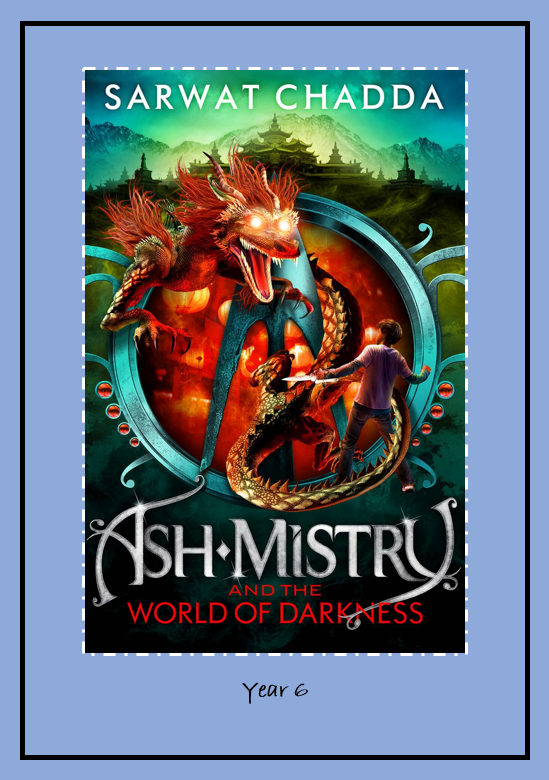
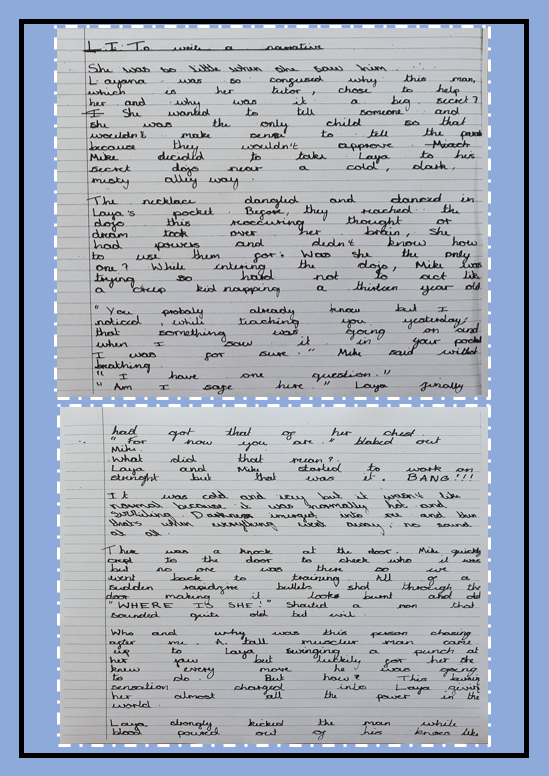
Year 5

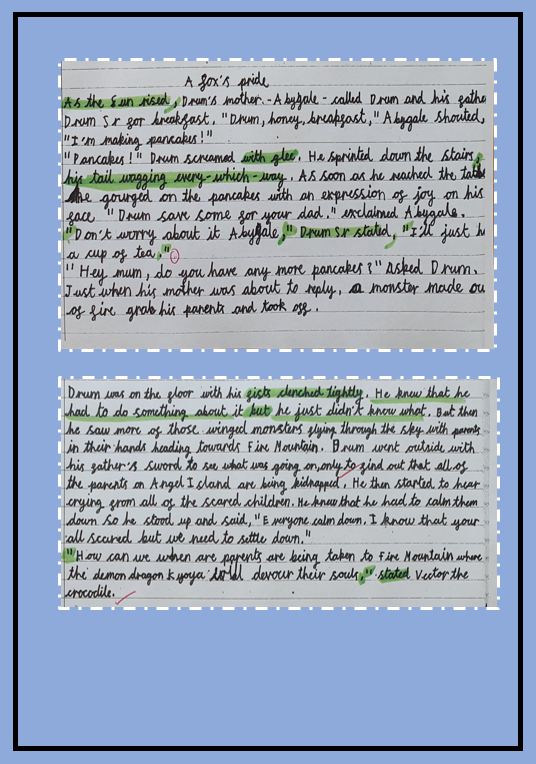
Year 4
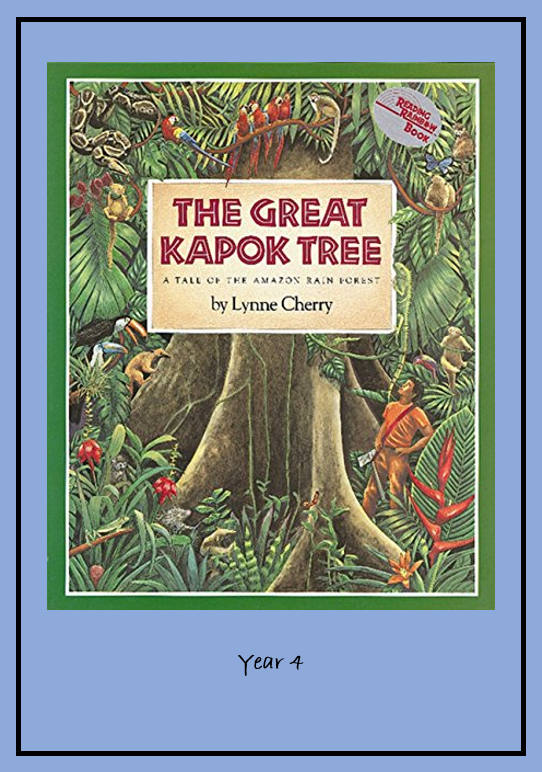
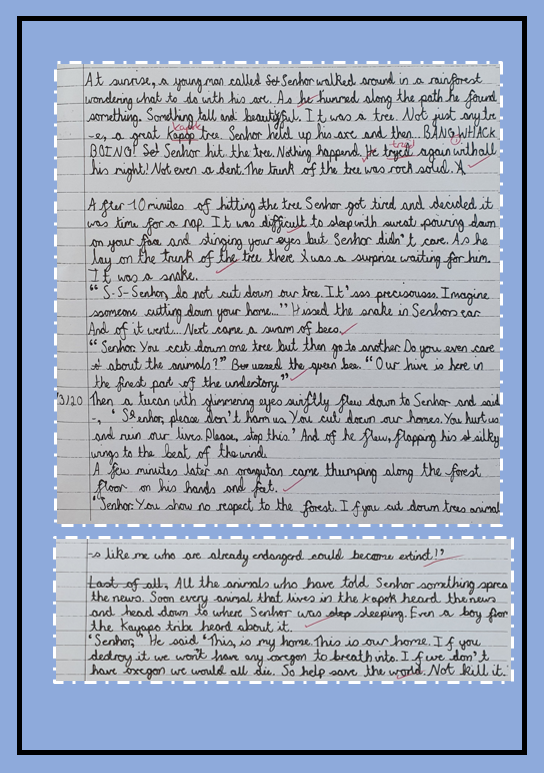
Year 3
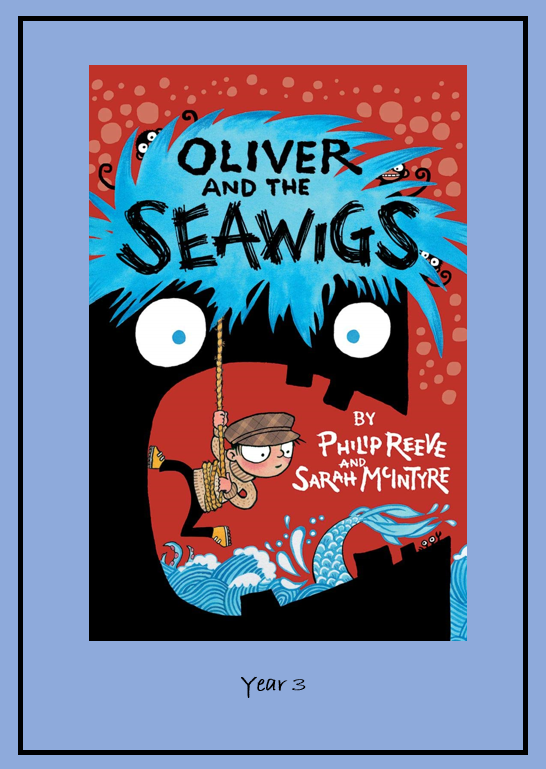
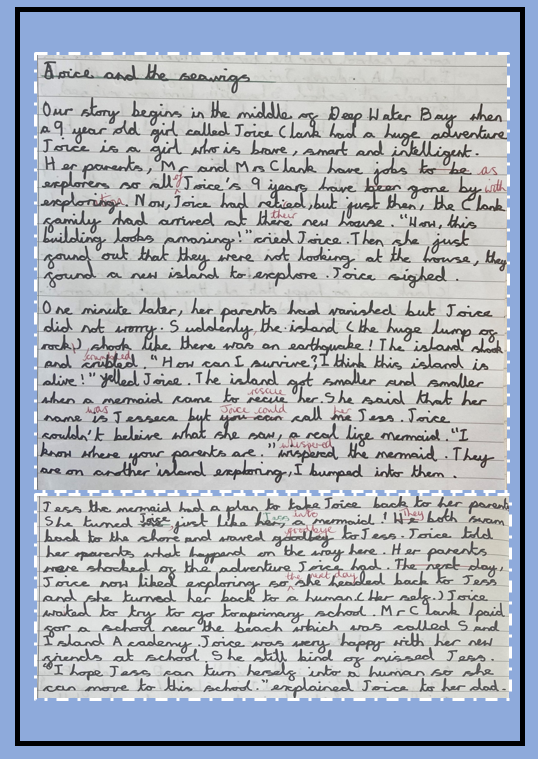
Year 2
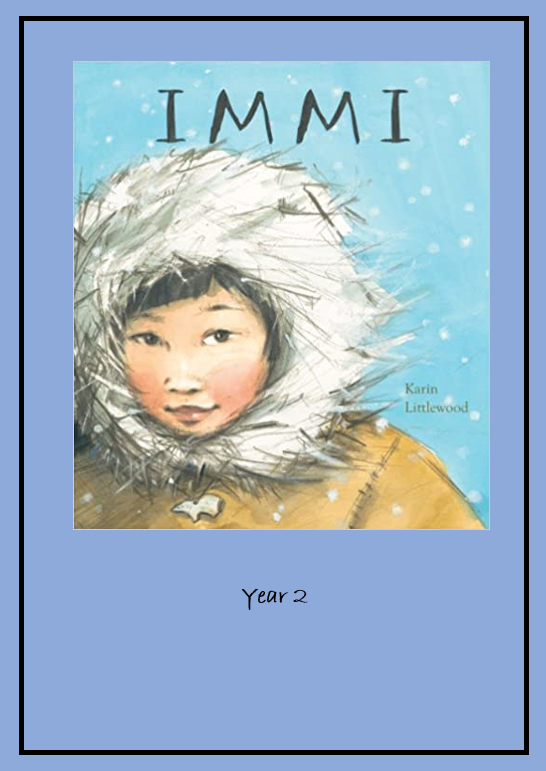
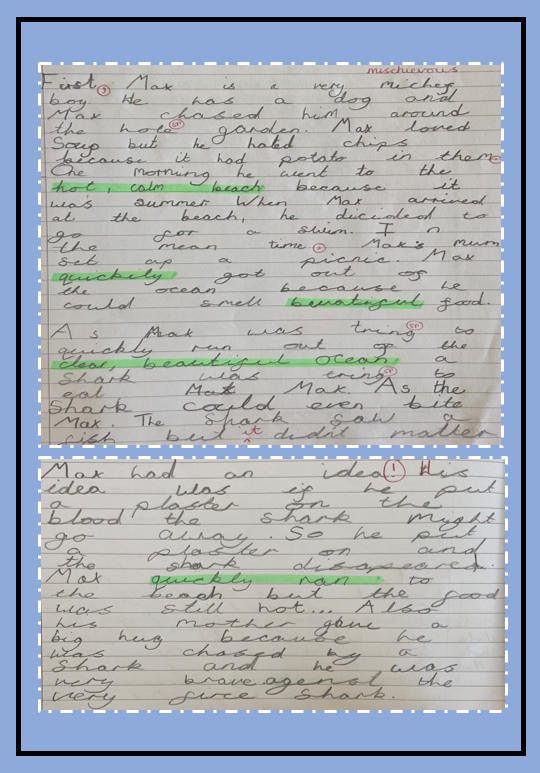
Year 1
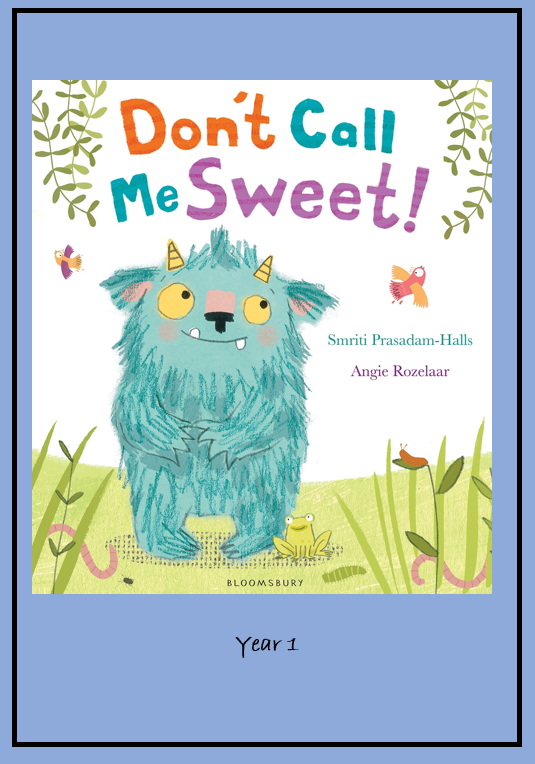
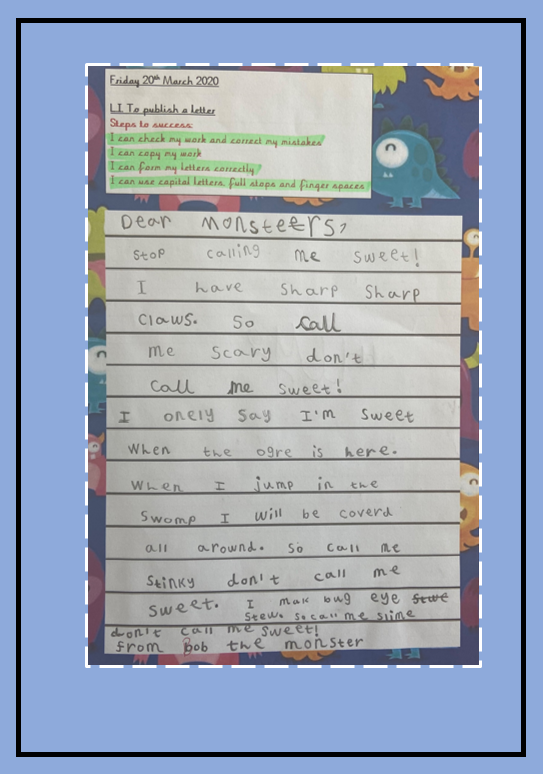
For more information on our approach to teaching writing, please look at our coffee morning timetable for the next available session or make an appointment in the school office to speak with our literacy subject leader.